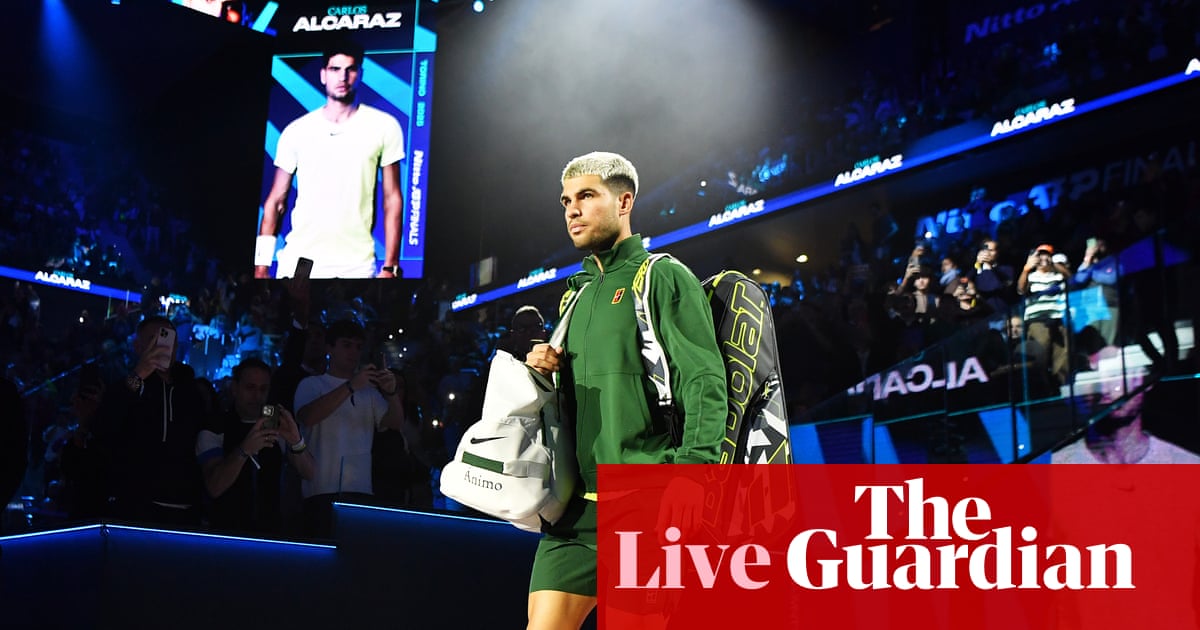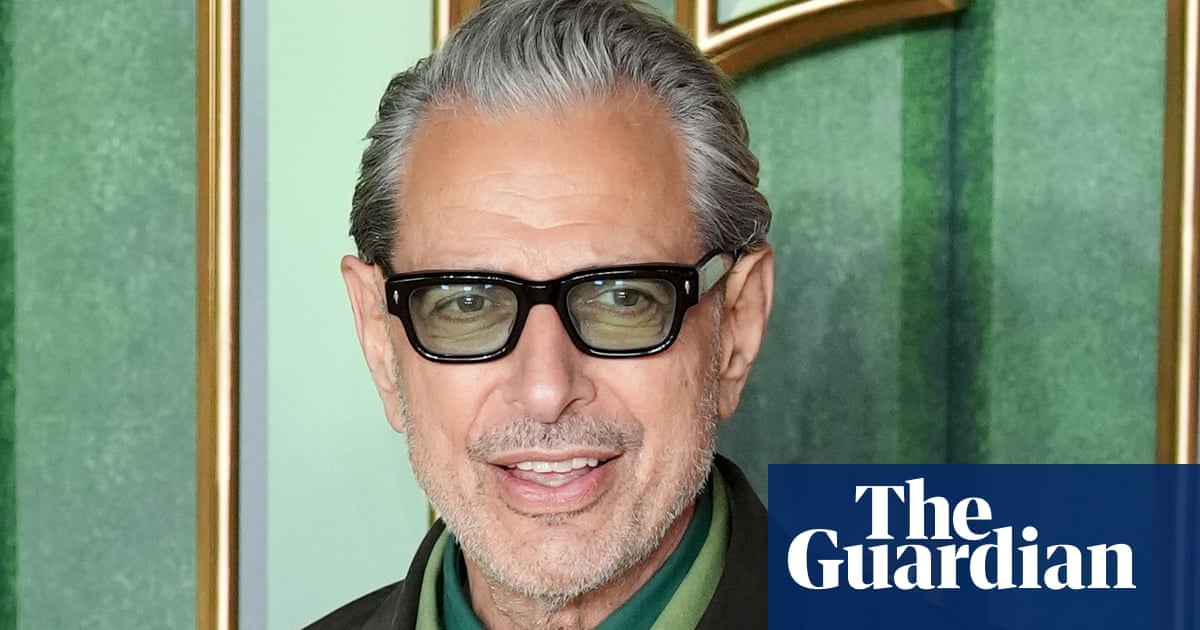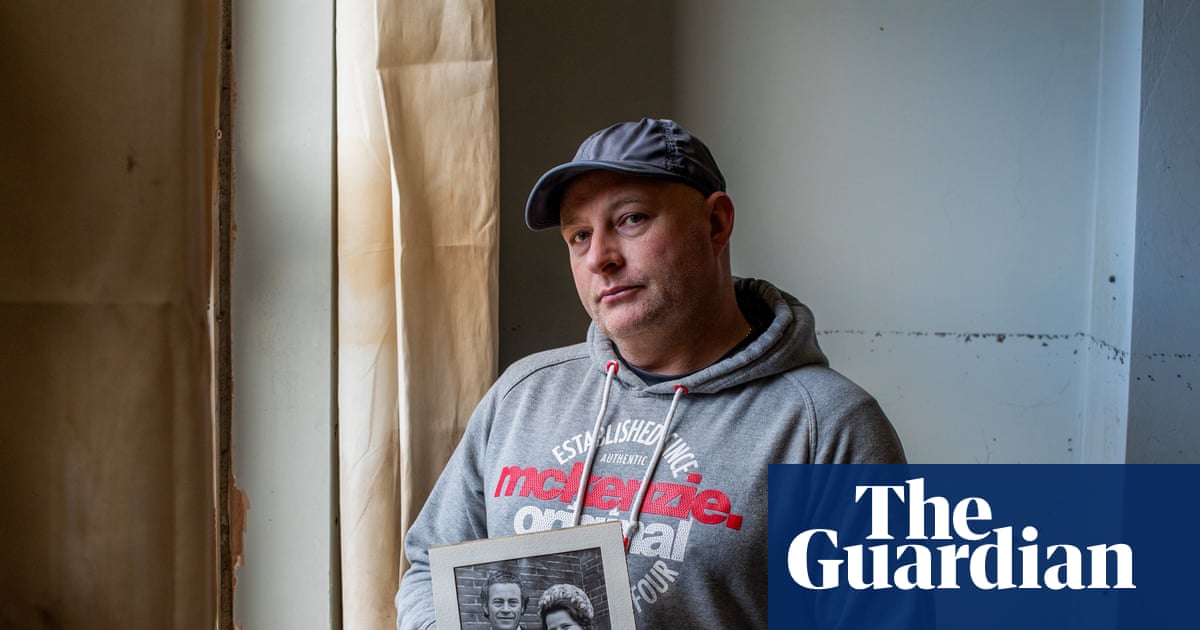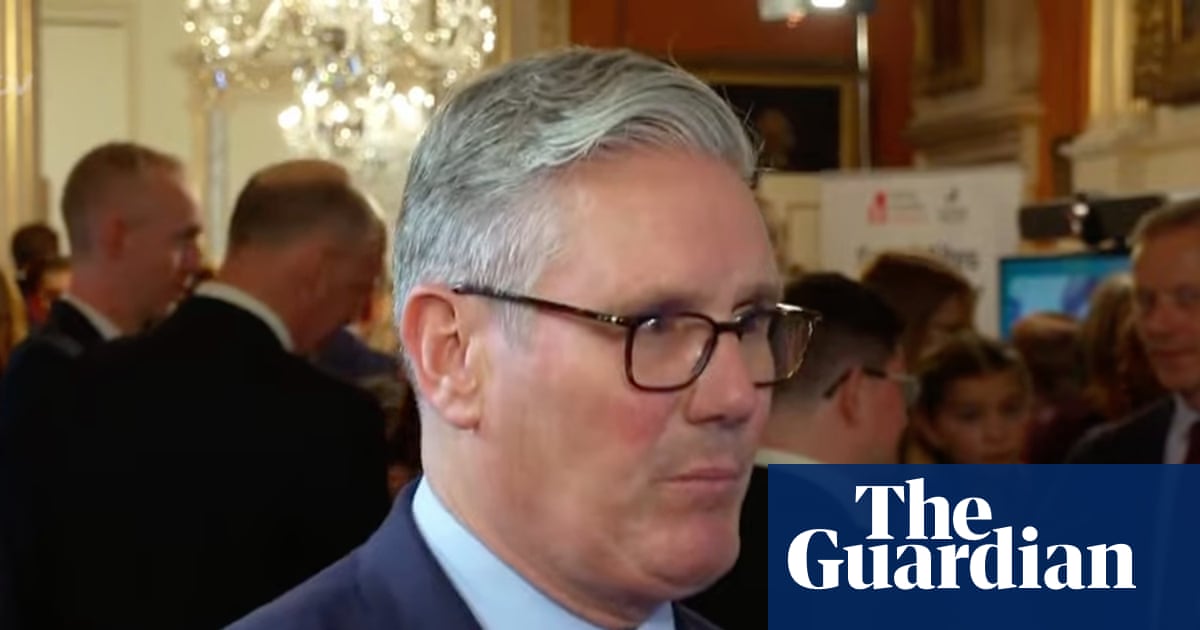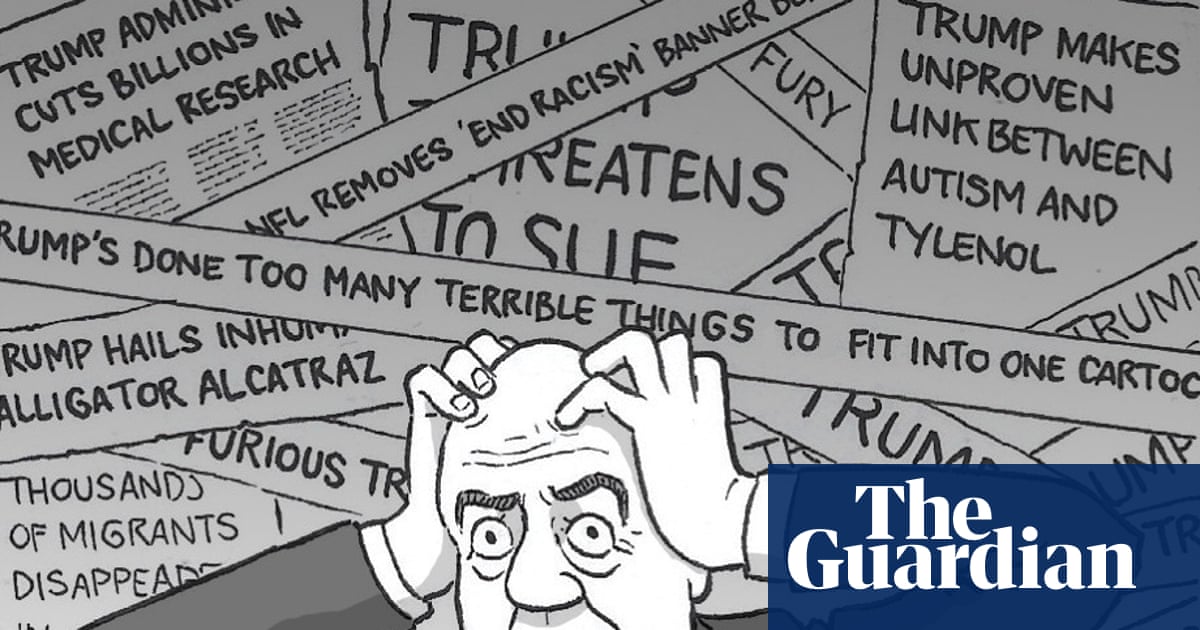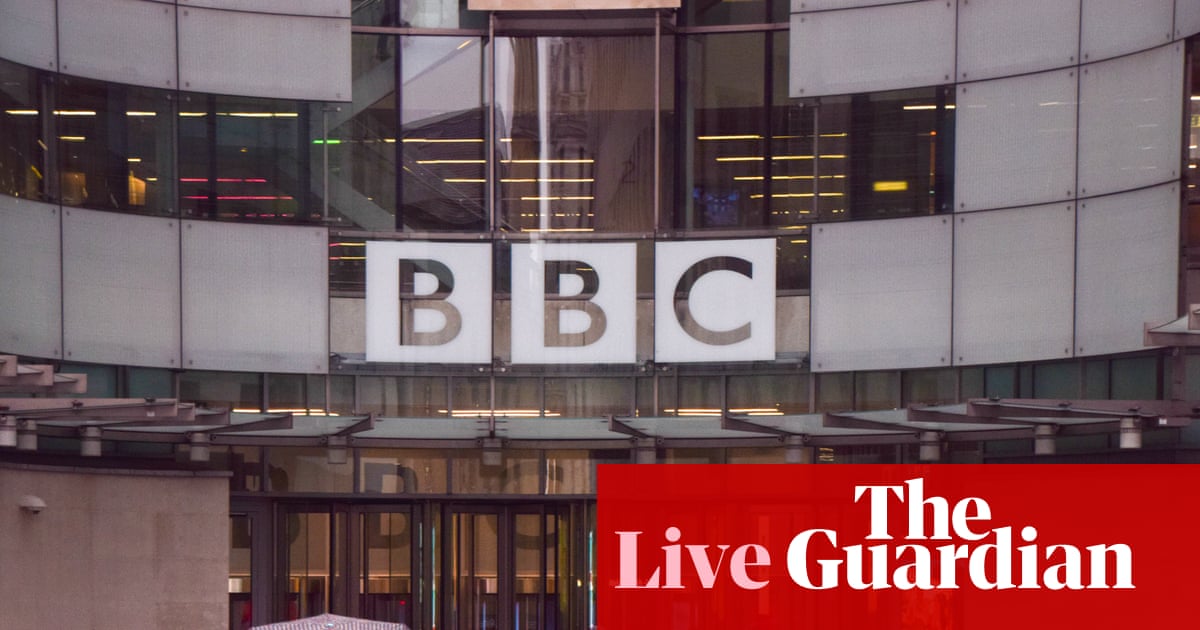Bribery is generally unethical and often illegal, but also quite effective. When my four-year-old is acting up and ignoring my increasingly desperate pleas for her to get dressed, leave the playground or do something else very important, I have, on occasion, resorted to desperate promises of ice-cream. Obviously, I know it’s counterproductive to respond to suboptimal behaviour with sugar-based bribes. But sometimes you are exhausted and just need a short-term win. The ice-cream always delivers.
It seems trying to motivate a four-year-old is not much different from trying to keep a petulant 54-year-old tech mogul in line. On Friday, Tesla’s board of directors rolled out a pay package proposal for CEO Elon Musk that could, if he plays his cars right, turn the billionaire into the world’s first trillionaire. In a section of Tesla’s latest stock market update that began: “Yes, you read that correctly”, the board outlines everything Musk has to do to get his hands on that performance-based trillion. Which, to be fair, is a lot. Tesla needs to reach a market cap of $8.5tn, eight times its current value, in 10 years to get Musk the payout. Many analysts believe Tesla is already overvalued, so this is no small task.
Still, a challenge and reward of this magnitude seem a cunning way to harness the power of Musk’s oversized ego. If anything can get Musk to stop stoking culture wars and fathering children, in order to focus on the companies he is supposed to be running, it may well be the prospect of becoming the world’s first trillionaire.
Efficacy aside, a potential trillion-dollar pay package in a world where almost 700 million people live on less than $2.15 a day is obscene. Making it even more enraging is Musk’s handy knack for failing upwards. The billionaire’s stint running the Department of Government Efficacy (Doge), his short-lived pet project, left chaos and a trail of destruction in its wake. Global health officials have said, for example, that Doge’s USAID cuts have led to cases of babies being born with HIV infections because mothers could not get access to medication, and have warned the cuts could reverse decades of progress. Cuts to educational programmes for low-income families will similarly have long-term ramifications. And for what? A Politico analysis last month found Doge saved less than 5% of what it claimed in cancelled contracts.
Musk is now deeply unpopular and a lot of people want to see him get his just deserts. Tesla, meanwhile, just wants him to get back to work in the private sector and is dangling the prospect of the biggest ice-cream the world has ever seen.
Arwa Mahdawi is a Guardian columnist

 2 months ago
44
2 months ago
44
